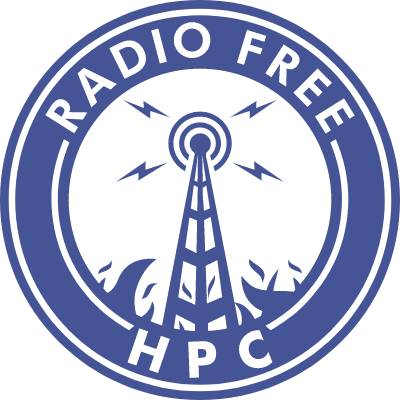 In this podcast, the Radio Free HPC team discuss whether ZFS is ever going to meet its potential.
In this podcast, the Radio Free HPC team discuss whether ZFS is ever going to meet its potential.
Shahin is up first with his discussion of Linus Torvals’ dissing the ZFS file system. Henry weighs in on the evolution of ZFS and how his opinion of ZFS has changed over the last decade or so. Both Shahin and Henry feel ZFS is unique and highly useful and that maybe Linus isn’t up on current ZFS capabilities. Dan brings up the licensing issue with ZFS, in the context of Oracle typically acting like a rabid dog in defense of their intellectual property. In further conversation, Shahin makes the brilliant point that “Data is Data” to the confusion and delight of the others.
Other Highlights:
- Using AI to Help Design Systems. Dan brings up the topic of machine learning being use for computer architecture design. Shahin is a bit skeptical and has several questions. Henry chips in with some comments about how this will probably aid app-specific hardware design. Dan then relates this article to another story about how MIT is using machine learning to predict how code will perform on a processor. Shahin states his belief that he’s dubious about many of today’s proposed use cases for AI. After some coaching from Dan, Shahin is moved to a neutral position, maybe. As a tangent, they discuss benchmarking and speculating with SPECint and SPECfp to figure out competitive performance.
- IBM Power comes to Google Compute Engine. Shahin then brings up a story about Google bringing IBM’s Power systems into their cloud, which leads to a brief discussion of why they’re doing it and what types of applications will be supported.
- Cybersecurity. Henry discusses how an online organization was hosting 56 million records of US citizens, including names, addresses, etc., in the open. Ouch.
- Jessi has officially joined the RadioFreeHPC team as a co-host, which is pretty cool.
- Shahin discusses LEO Labs, a company that tracks items in space and evaluates the probability of collisions. The company analyzes as many as 800,000 potential collision scenarios per day – wow – that’s a lot of number crunching. Shahin explains how they do this and the results.
- Dan eulogizes the late, great, Mira supercomputer. After eight long years, Mira will be laid to rest later on this year. Mira is one of the last IBM Blue Gene/P systems and propelled the system to the third spot on the TOP500 list. It was the go-to system for ‘one in a billion’ simulations, drug discovery, and particle physics to name a few. It was a great system and it will be missed. Job well done, Mira, job well done.
Download the MP3 * Follow RFHPC on Twitter * Subscribe on Spotify * Subscribe on Google Play * Subscribe on iTunes * RSS Feed




